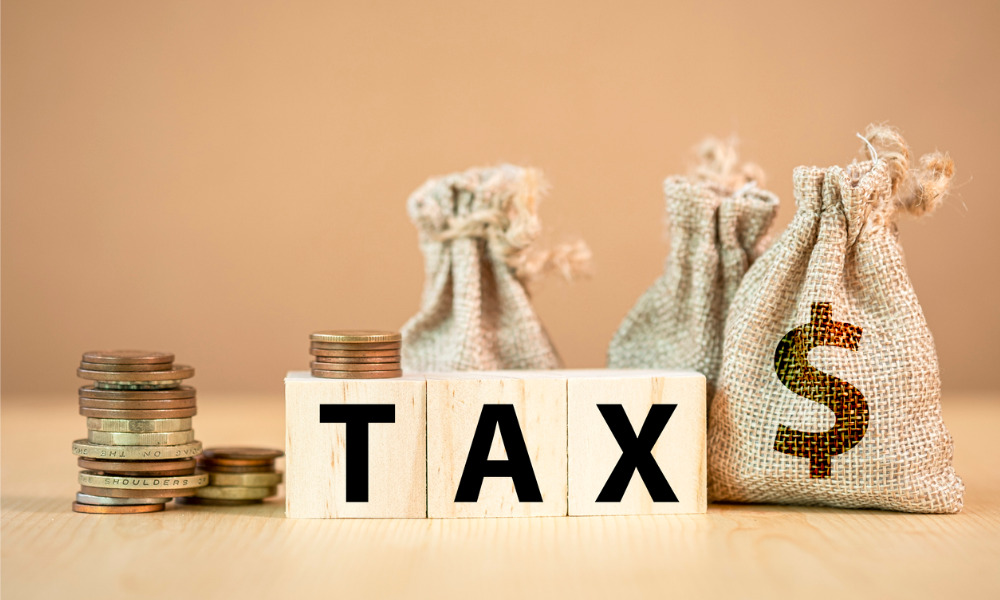National data shows how lower-income segments have fared better during the first year of the pandemic

It's often considered that the pandemic worsened inequality, since it disproportionately harmed jobs in low-wage industries like restaurants, hotels, and personal services. However, data from Canada’s national statistics agency suggests the opposite is true, which could dampen the argument for raising wealth taxes.
In a column for the Financial Post, Philip Cross, a senior fellow at the Fraser Institute, wrote that according to Statistics Canada, "the household wealth gap narrowed in 2020, as net worth for the poorest two quintiles increased at a faster rate than for the richest 20%." Specifically, the wealth of the poorest two quintiles increased by 23.5 %, compared to an increase of 8.9 % for the richest 20%.
This continues a downward trend, with the richest quintile's proportion of wealth falling from 68.5 % in 2010 to 67.9 % in 2019.
A number of variables explain why the poor fared better during the pandemic. First, people in the two lowest income quintiles got huge government handouts, far more than they lost by working less.
The fundamental cause, according to Cross, was the flawed design of income support programs; they not only replaced lost revenue for households, but also increased it significantly throughout the economic spectrum. Lower-income Canadians, overall, used their unexpected increase in income to pay off debt, improving their net worth.
Furthermore, the nationwide housing boom increased the value of most people's homes. However, the wealthy gained proportionately less because housing accounts for a lower amount of their assets. Simultaneously, many middle-class Canadians took out huge mortgages (typically to get out of congested cities during COVID), slowing their net worth growth.
So has the pandemic altered the "wealth tax" debate?
Cross argued that during the epidemic, there was no discernible surge in support for a wealth tax. A wealth tax was clearly not seen as urgent enough to sway many votes in Canada.
Whether fair or not, he also pointed to the European experience demonstrating that wealth taxes do not generate significant net revenue for governments. Case studies from Europe indicate how such taxes are expensive to administer; wealth is difficult to define and measure; assets can easily be moved out of the country; commonly owned housing and pension assets are almost always excluded; and the rate must be kept low due to current capital taxes.
“If anything, the pandemic should have made Canadians more skeptical of a wealth tax,” Cross said. “The marked drop in inequality means it’s less pressing an issue than it may have been.”
Because of the growing urgency of Canada’s debt problem, particularly as interest rates return to normal, he said the best path forward is to encourage economic growth. However, Cross said, a recent study in the United States found that wealth taxes reduced general incomes – the exact opposite of what is required for economic revival.
“Like most things, inequality is not black and white — there’s good inequality from entrepreneurs inventing products all the world uses, and there’s bad inequality that comes from rewarding ill-gotten gains,” he said.
“But a wealth tax does not differentiate between good and bad inequality. It’s a blunt instrument that addresses none of Canada’s current economic problems, would harm Canada’s growth prospects and would do little or nothing to boost government net revenues.”



